You might think because I’m white, I don’t know what prejudice is.
But I feel what a lot of minorities feel, because, when you are part of a minority yourself, you feel what other minorities feel.
I know what it means when people expect the worse from you just because they boxed you in.
As I finish watching “The Hate You Give,” I know what Star is feeling.
A brush in our hand appears like a weapon in other people’s hands. Depending how you wave it. True.
A veil on a mannequin’s face is fashionable. A veil on your face threatens. True.
A bag in anyone’s hand means nothing, but in your hand, it means stealing.
As I grew up, a word in my mouth didn’t mean the same thing as the same word in someone else’s mouth.
No wonder I’m at war with words; they didn’t serve me well.
Also, when people always think you’re lying because you do not fit the boxes they think you fit in, they attribute you a color.
I’ve been British for some time, then Lebanese for a while, then Moroccan and mostly Algerian.
My color is white. It happens to be my color. But I’m a rainbow inside.
“If you don’t see my color, you don’t see me,” says Star.
When people do not see you for who you are, it makes you invisible. It makes you feel you don’t matter.
They do not see your true colors.
Therefore, you do not exist for them.
Few people have ever seen my true colors because I don’t really fit any box they think my color fits in.
As I was growing up, they called us Gypsy because we moved a lot and they knew ”Zora The Red” who depicted a girl who looked like my sisters, and we had a medley of accents and words we picked here and there. And we did actually spend an entire winter in a trailer under several meters of snow. That was our only home.
We didn’t belong to a community as it is common with minorities.
I envied minorities a lot because, at least, they knew with whom they belonged.
They knew the codes. They could switch codes.
Wow! They could switch codes!
If you know the codes, you can belong anywhere.
We didn’t know the codes. Worse, we weren’t even aware that codes existed.
I sort of envy Star.
She realized that the communities are responsible for problems.
Among her last words are, “The hate WE give.”
We’re all in on that.
It’s up to all of us.
To reverse prejudices.
To see other people’s true colors.
Because, in reality, those colors are there to be seen. They’re not hidden. They’re not camouflaged.
They’re here to be seen.
And some people yell out loud their colors and are still not heard.
That’s because we are quick to box in.
I’m not angry at anyone who does not see my colors.
Life already told me they’re not visible to most, except to a few.
But it gives me the strength to see other people’s colors.
It gives me the strength to understand that people are not made of one solid color.
People have rainbows inside.
Whatever they call it.
Finally, I don’t think there is a magical power in my name. My name means “the lady of the forest”. It comes from Latin.
It sounds a little like the fictional characters of Anne of Green Gables: The Lady of Forest…
My parents didn’t give it to me to make a point. They didn’t give it to me to give me power and remind me I’m strong.
Star is so lucky.
But it’s mine and I wouldn’t change it. It reminds me that it means something. Like “Khalil” means something to Star. It means something to someone...
So, it can be the hate that we give for everything people have done to us, to our community, to our race.
But it also can be...
The love that we give.
Yes, the love that we give back to our people and then to people who are not our people.
What did we learn and what are we sowing?
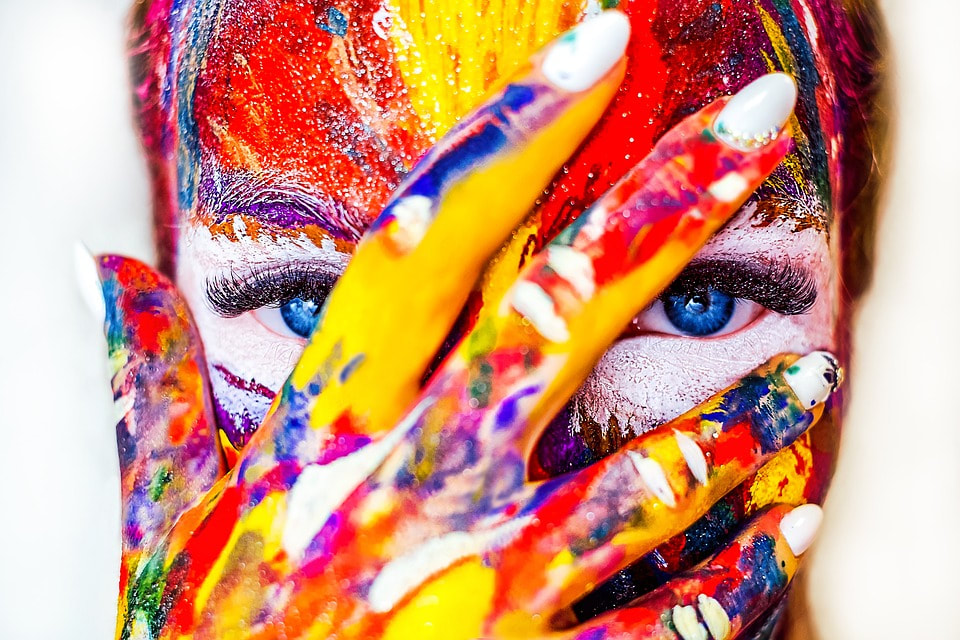


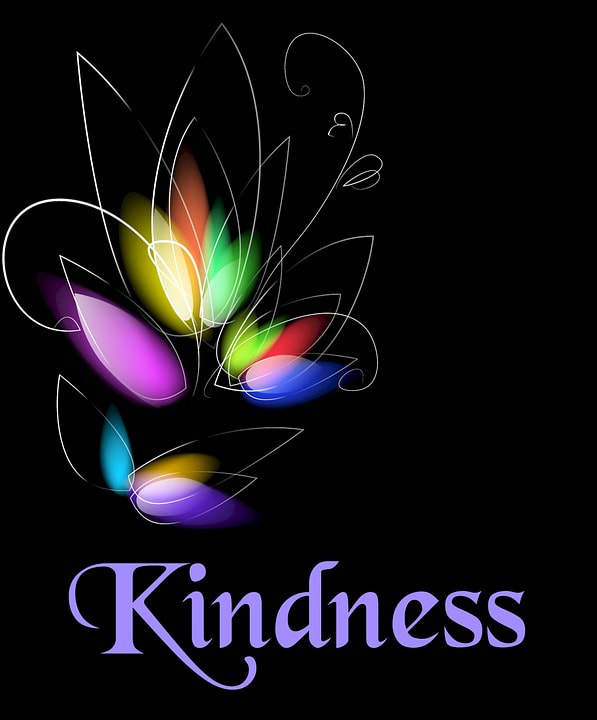
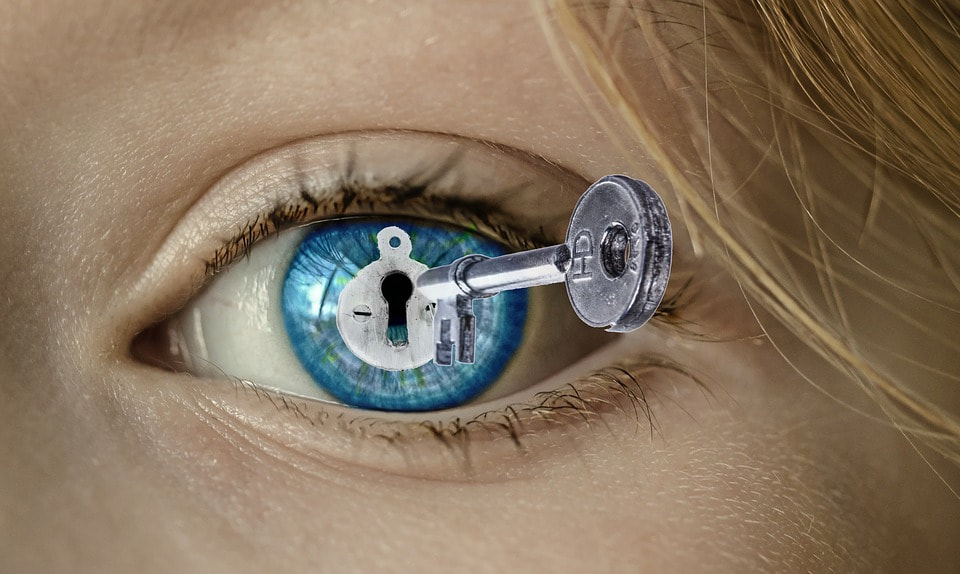

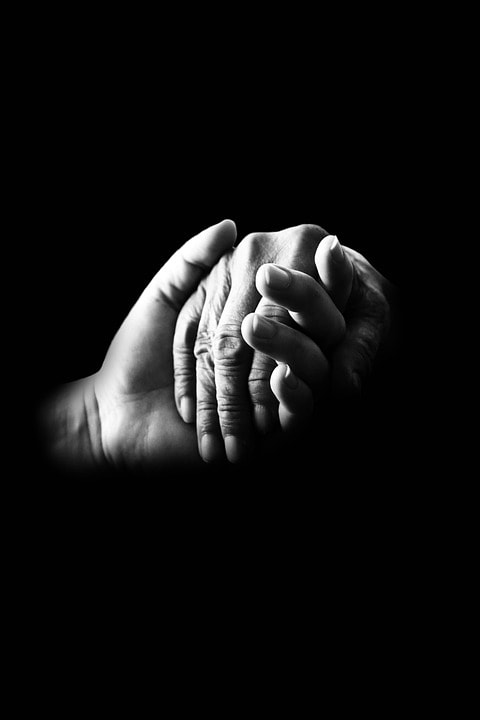


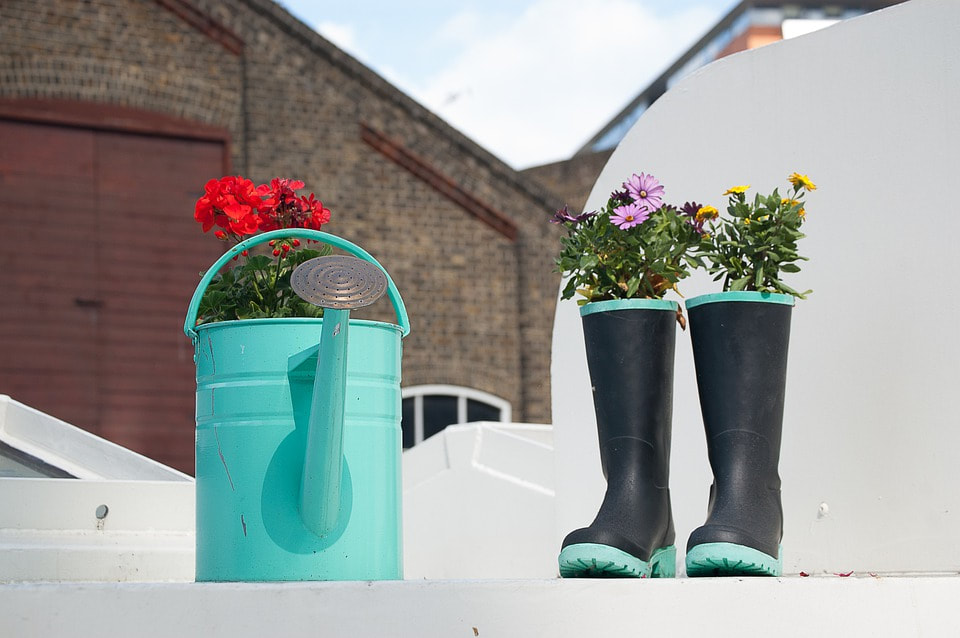
 RSS Feed
RSS Feed
